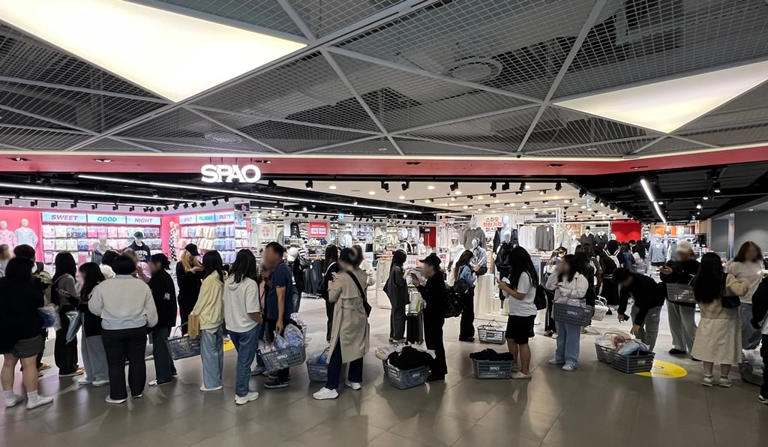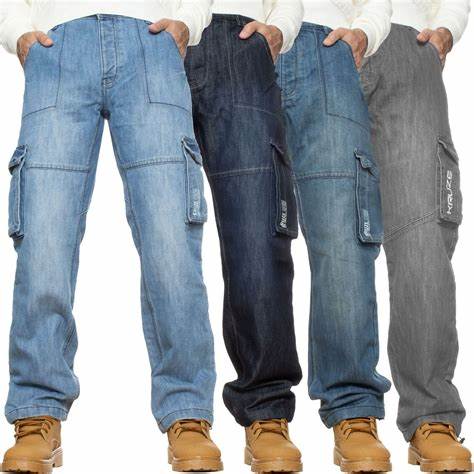J Thulasidharan, chairman, CITI welcomed the announcement and revision of GST rates on job work of textile yarn and fabric manufacturing activity from 18 to 5 per cent, but raised plenty of concerns and apprehensions on GST rates applicable on various sectors of textile industry.
This will reduce service tax on job work and bringing relief to the textile industry from the extra burden as majority of the work of textile manufacturing is with SMEs and is carried on through job works especially in the power loom, knitting, processing and garment manufacturing sectors. This would now help SMEs of power loom, knitting and processing sectors not to face much financial burden. Job work under textile sector after producing grey fabric or after producing yarn are taken as services and were subjected to 18 per cent GST.
“Under such situation, the manufacturer who does not have integrated composite units to complete the process of embroidery, doubling, printing and finishing as per the market requirements would have been in great loss as high taxed would have added to their cost and dented their profitability” said CITI chairman.
Chairman CITI also thanked the Government and GST Council on behalf of textile industry for increasing turnover from Rs. 50 Lakh to Rs. 75 Lakh under composition scheme for traders and manufacturers which will help MSME to grow their business and carry out their activities efficiently.
Concerns for the other sectors
But he expressed his apprehensiveness about the made-up and garment sector as the job work related to these still come under 18 per cent service tax slab. This will have a serious implication on the cost escalation of the final goods of made-up and garments and will be uncompetitive in the domestic and international market. CITI requested GST Council to reconsider this on urgent basis and bring them also under the 5 per cent GST slab.
With regard to some of the speciality textile fabrics like impregnated, coated, covered or laminated of cotton still remain under 12 per cent GST slab which is unsustainable and will be having huge bearing on the final cost. The Micro dot coating that is done only sustains about 1.3 to 1.4 per cent of input credit. A jump from 5 per cent GST to 12 per cent of GST on an input credit of 1.3 per cent will inflate the product cost as the industry will not be able to absorb the same. CITI expressed its view that it would be justifiable to retain the same at 5 per cent GST slab.
CITI reiterated confederation’s unmet demand of reducing GST on Man-made fibres and yarns to 12 per cent or refund inverted tax at fabric stage which will have win-win situation both for industry and government. If 12 per cent rate is imposed on MMF/Synthetic fibre and yarn industry then textile manufacturers would be able to bear the cost and Government would be having no revenue loss also.
In case, government is unable to revise the MMF rates, then refund of unutilized credit accumulated must be allowed at the stage of fabric manufacturing to the extent of 5 per cent. This has been provisioned under the GST Act where GST Council has been given the power to recommend for the refund of unutilized credit under inverted duty structure case.
He also highlighted the issue of delay in the transfer of input tax credits and inverted duty structure problem of the industry at fabric stage which will aggravate the problem of working capital requirement of the industry.











